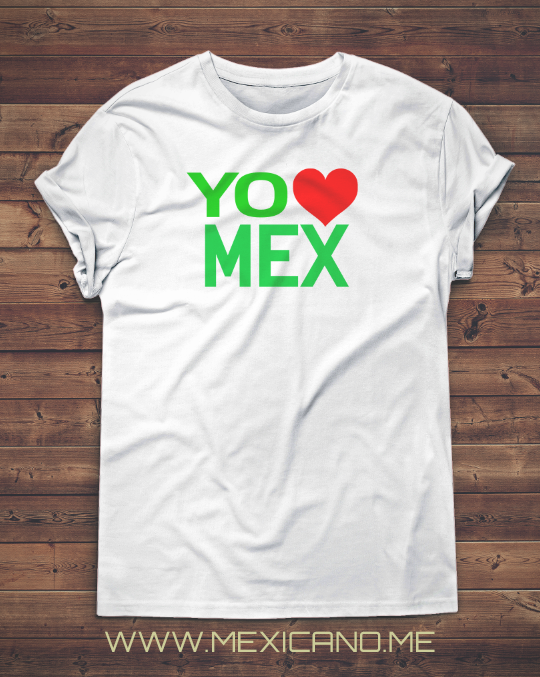- Joined
- Nov 4, 2021
- Messages
- 383
- Best answers
- 1
Mexico's President Criticizes U.S. Economic Sanctions Against Venezuela, Cuba, and Other Nations
Mexico's President Andrés Manuel López Obrador has criticized the U.S. economic sanctions against Venezuela, Cuba, and other nations. The criticism came just as the first of two high-level U.S.-Mexico meetings got underway in Washington. President Obrador condemned the U.S. foreign policy, accusing the U.S. of forcing people to emigrate from Cuba, Venezuela, and Nicaragua. This post will further explore President Obrador's remarks on U.S. economic sanctions.
The U.S. government has been imposing economic sanctions against several nations around the world. These sanctions restrict trade, investment, and financial transactions. The U.S. has imposed sanctions on Venezuela since 2014, citing human rights violations. The sanctions were further strengthened in 2019, with U.S. President Donald Trump issuing an executive order imposing a complete embargo on Venezuela. On the other hand, the U.S. has imposed sanctions on Cuba since 1960. The sanctions were further strengthened under the Trump administration in 2019. The U.S. has also been imposing sanctions on Nicaragua since 2018.
President Obrador's remarks against the U.S. economic sanctions were primarily focused on the impact these sanctions have on people. He stated that the sanctions were forcing people to emigrate from their home countries to the U.S. seeking opportunities. The sanctions are primarily targeting the economies of these nations, limiting their ability to participate in international trade. This results in reduced economic growth rates, increased unemployment, and poverty. The economic sanctions can also lead to political instability, further exacerbating the situation.
The U.S. has defended its imposition of economic sanctions, stating that they are necessary to protect human rights and democracy. The U.S. has accused Venezuela, Cuba, and Nicaragua of violating human rights and suppressing democracy. However, critics argue that the sanctions do more harm than good. The sanctions have not achieved their intended objectives, and instead, they have caused humanitarian crises in these nations.
Mexico's President Obrador's criticism of U.S. foreign policy is not new. He has consistently advocated for a non-interventional foreign policy and urged the U.S. to respect the sovereignty of other nations. President Obrador has also been critical of U.S. efforts to build a border wall between Mexico and the U.S. to prevent illegal immigration. He has called for bilateral talks to address the issue of illegal immigration and drug trafficking, highlighting the need for cooperation between the two nations.
Economic sanctions have become a popular tool for the U.S. to advance its foreign policy objectives. However, President Obrador's criticism highlights the negative impact these sanctions have on people. Economic sanctions can have far-reaching consequences, affecting the economic and social well-being of people in these nations. The U.S. needs to reconsider its policy on economic sanctions and explore other alternatives to address human rights violations and democracy. Developing a constructive and mutually beneficial relationship is the way forward for nations to address their common challenges and achieve economic prosperity.
Mexico's President Andrés Manuel López Obrador has criticized the U.S. economic sanctions against Venezuela, Cuba, and other nations. The criticism came just as the first of two high-level U.S.-Mexico meetings got underway in Washington. President Obrador condemned the U.S. foreign policy, accusing the U.S. of forcing people to emigrate from Cuba, Venezuela, and Nicaragua. This post will further explore President Obrador's remarks on U.S. economic sanctions.
The U.S. government has been imposing economic sanctions against several nations around the world. These sanctions restrict trade, investment, and financial transactions. The U.S. has imposed sanctions on Venezuela since 2014, citing human rights violations. The sanctions were further strengthened in 2019, with U.S. President Donald Trump issuing an executive order imposing a complete embargo on Venezuela. On the other hand, the U.S. has imposed sanctions on Cuba since 1960. The sanctions were further strengthened under the Trump administration in 2019. The U.S. has also been imposing sanctions on Nicaragua since 2018.
President Obrador's remarks against the U.S. economic sanctions were primarily focused on the impact these sanctions have on people. He stated that the sanctions were forcing people to emigrate from their home countries to the U.S. seeking opportunities. The sanctions are primarily targeting the economies of these nations, limiting their ability to participate in international trade. This results in reduced economic growth rates, increased unemployment, and poverty. The economic sanctions can also lead to political instability, further exacerbating the situation.
The U.S. has defended its imposition of economic sanctions, stating that they are necessary to protect human rights and democracy. The U.S. has accused Venezuela, Cuba, and Nicaragua of violating human rights and suppressing democracy. However, critics argue that the sanctions do more harm than good. The sanctions have not achieved their intended objectives, and instead, they have caused humanitarian crises in these nations.
Mexico's President Obrador's criticism of U.S. foreign policy is not new. He has consistently advocated for a non-interventional foreign policy and urged the U.S. to respect the sovereignty of other nations. President Obrador has also been critical of U.S. efforts to build a border wall between Mexico and the U.S. to prevent illegal immigration. He has called for bilateral talks to address the issue of illegal immigration and drug trafficking, highlighting the need for cooperation between the two nations.
Economic sanctions have become a popular tool for the U.S. to advance its foreign policy objectives. However, President Obrador's criticism highlights the negative impact these sanctions have on people. Economic sanctions can have far-reaching consequences, affecting the economic and social well-being of people in these nations. The U.S. needs to reconsider its policy on economic sanctions and explore other alternatives to address human rights violations and democracy. Developing a constructive and mutually beneficial relationship is the way forward for nations to address their common challenges and achieve economic prosperity.

